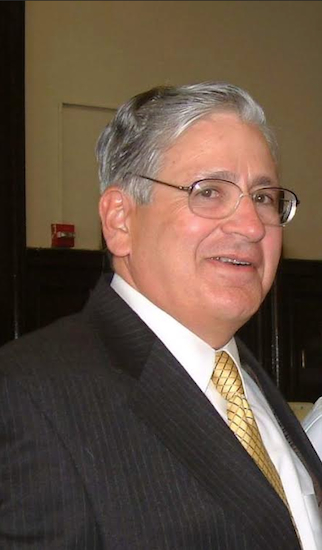Judge recuses himself from high-profile Brooklyn case of alleged wrongful conviction

A Brooklyn judge who presided over a high-profile murder case — now turned into a case of suspected wrongful conviction — has recused himself from all upcoming proceedings on the case.
Last week, citing the appearance of bias against a defendant, Brooklyn Supreme Court Justice Alan Marrus recused himself from a pending motion to vacate, filed by convicted murderer John Giuca. Marrus was the original judge who presided over Giuca’s 2005 murder trial and sentenced the then-21-year-old Giuca to 25 years to life for the murder of a young college student.
In March, Giuca — via his attorney Mark Bederow — filed a Criminal Procedure 440.10 motion to vacate his conviction. In it, Giuca alleged that prosecutorial misconduct by the Brooklyn District Attorney’s Office, during Charles J. Hynes’ administration, led to his wrongful conviction for the murder of college student Mark Fisher.

Brooklyn Boro
View MoreNew York City’s most populous borough, Brooklyn, is home to nearly 2.6 million residents. If Brooklyn were an independent city it would be the fourth largest city in the United States. While Brooklyn has become the epitome of ‘cool and hip’ in recent years, for those that were born here, raised families here and improved communities over the years, Brooklyn has never been ‘uncool’.